Europe
From the fall of Napoleon to Revolution in Russia and from the rise of Hitler to the fall of the Berlin Wall this period is one of major upheaval in Europe. We see the collapse of monarchies and empires and the changing status of women and working men. This is a time that witnesses the mass displacement of peoples and genocide on a scale never seen before it is also a time that sees changes in medicine and technology that make fundamental changes to our everyday lives. Read more
Sort by:
Date (Newest first) | Title A-Z
Show:
All |
Articles |
Podcasts |
Multipage Articles
-

Film: An Interview with Margaret MacMillan
Multipage ArticleClick to view -

Driver Ben Cobey 8th Royal Field Artillery
ArticleClick to view -
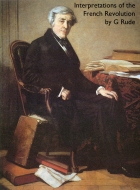
Interpretations of the French Revolution
ArticleClick to view -

Podcast Series: Thomas Paine
Multipage ArticleClick to view -
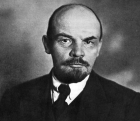
Podcast Series: Russia and the USSR
Multipage ArticleClick to view -
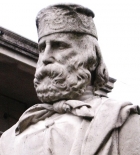
Out and About with Garibaldi
ArticleClick to view -
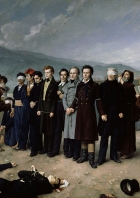
Liberalism in Nineteenth-Century Europe
ArticleClick to view -
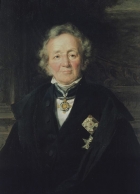
Leopold von Ranke - Pamphlet
ArticleClick to view -

Podcast: Richard Evans Medlicott -The Origins of the First World War
ArticleClick to view -
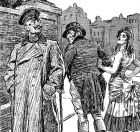
Gary Sheffield: Origins of the First World War
ArticleClick to view -

Tyne Cot Cemetery, near Ypres, Belgium
ArticleClick to view -
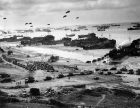
D-Day, Commemorations - the last big year to remember?
ArticleClick to view -

The Centenary of the First World War: An unpopular view
ArticleClick to view -

The Romanov Tercentenary: nostalgia versus history on the eve of the Great War
ArticleClick to view -
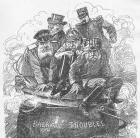
The Origins of the First World War
ArticleClick to view -
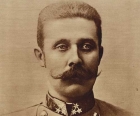
Franz Ferdinand
ArticleClick to view -
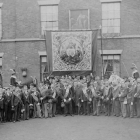
The world in 1913: friendly societies
ArticleClick to view -
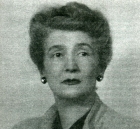
Strange Journey: the life of Dorothy Eckersley
ArticleClick to view -
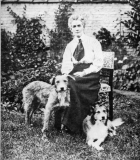
Four faces of nursing and the First World War
ArticleClick to view -
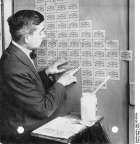
Taking tea with Frau von Papen
ArticleClick to view

